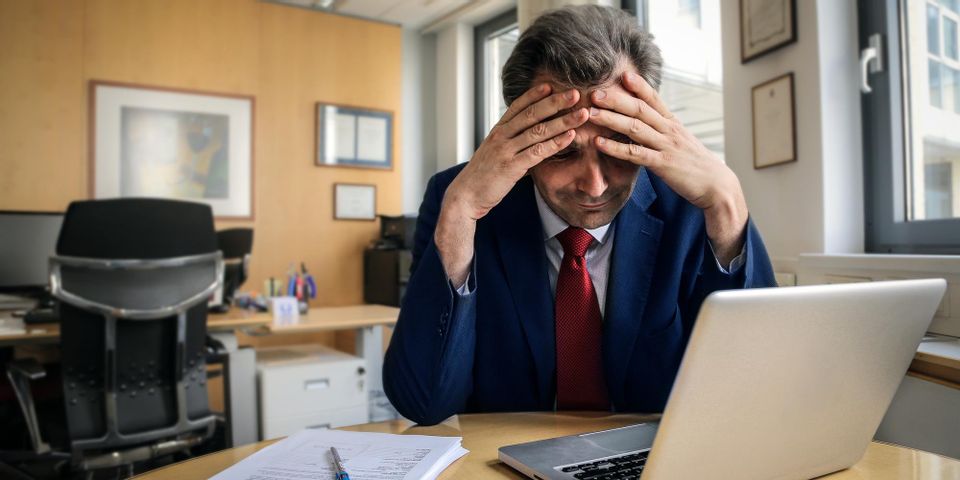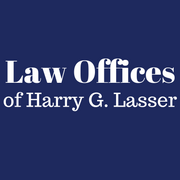
When it comes to bankruptcy, most people are familiar with Chapter 7 and Chapter 13. While these are normally associated with individuals, Chapter 11 is a much more common choice for businesses. However, it can also be used by individuals with a considerable number of assets. Here’s a closer look at Chapter 11 bankruptcy and how it applies to commercial entities as well as personal cases.
What You Should Know About Chapter 11
What Is Chapter 11?
Chapter 11 bankruptcy is closer to Chapter 13 than 7, as it involves the reorganization rather than the wiping out of debt. This plan allows wealthy individuals and businesses to hold onto their assets while continuing to pay back their creditors, albeit at a more reasonable rate.
It also allows business owners to keep their companies up and running, so they can keep generating income and more easily achieve their goal of becoming debt-free. Since debts aren’t completely wiped out, Chapter 11 takes less of a toll on the filer’s credit score.
Why Do Individuals File for Chapter 11?
 As an individual, you might file for Chapter 11 bankruptcy if you owe an excessive amount on a mortgage loan. Instead of having to go through foreclosure and have your home auctioned off, this type of bankruptcy will allow you to rewrite your mortgage, reducing the interest rate, extending the repayment schedule, and lowering the principal balance to no more than the value of the property itself.
As an individual, you might file for Chapter 11 bankruptcy if you owe an excessive amount on a mortgage loan. Instead of having to go through foreclosure and have your home auctioned off, this type of bankruptcy will allow you to rewrite your mortgage, reducing the interest rate, extending the repayment schedule, and lowering the principal balance to no more than the value of the property itself.
You might also choose this route if you have a significant amount of unsecured debt, such as credit card balances. Since there’s a limit for Chapter 13 bankruptcy repayment plans, debtors with over $394,725 in this type of debt are restricted to Chapter 11.
Why Do Businesses File for Chapter 11?
Many business owners file for chapter 11 bankruptcy when they have an unmanageable amount of unsecured or secured debt. Once the trustee decides which assets are still profitable for the company, they may allow the debt to be reduced to the property’s actual value or the actual value of the associated collateral. In other words, if the business owner owes $60,000 on office equipment that is only worth $20,000, their debt may be reduced to $20,000. The trustee may also offer advice on which profits should be used to pay off company credit cards or loans.
Some businesses use this option to get out of signed contracts that promised money for a product or service that is no longer profitable, such as lunch catering services for employees. They may also seek relief from back taxes. Chapter 11 can reorganize past-due tax payments on income, payroll, or properties so that the business owner has more time to pay them off.
If you believe Chapter 11 bankruptcy is right for your personal or commercial situation, turn to The Law Offices of Harry G. Lasser for help. This firm has over 20 years of experience helping individuals and business owners reclaim their financial freedom, and they have three convenient locations in Crossville, Cookeville, and Smithville, TN. In addition to Chapter 11, they also handle Chapter 7 and 13 cases. To learn more about their practice, visit the website. Call (931) 372-9988 to arrange for your free bankruptcy consultation.
About the Business
Have a question? Ask the experts!
Send your question

